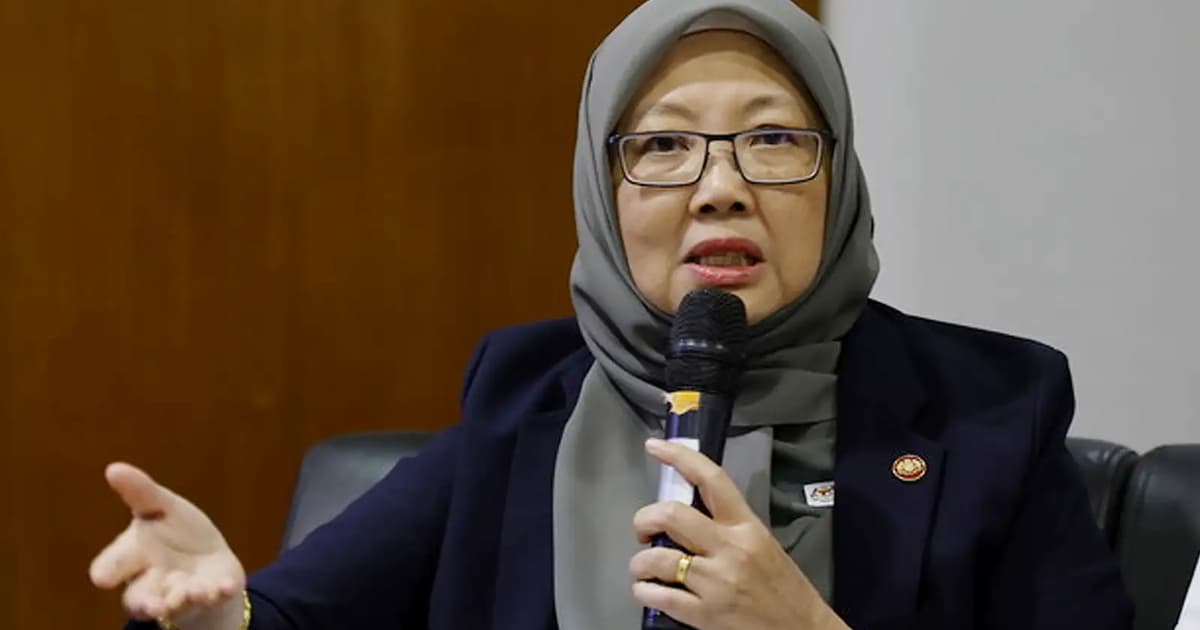Federal Territories Minister Emphasizes Legal Process for Compensation Negotiations
The Federal Territories Minister has highlighted the necessity of all compensation negotiations going through the legal process. In a recent statement, the minister emphasized the importance of following established legal procedures when addressing compensation issues related to land acquisition or development projects.
Legal Framework for Compensation Negotiations
Under the current legal framework, any discussions or agreements regarding compensation must adhere to the laws and regulations set forth by the court system. This ensures that all parties involved are treated fairly and that the rights of individuals are protected throughout the negotiation process.
The Role of the Court System in Ensuring Fairness
The court system plays a crucial role in overseeing compensation negotiations to guarantee that they are conducted transparently and in accordance with the law. By requiring all compensation matters to be resolved through the legal process, the court system helps prevent any potential abuses of power or unfair treatment of individuals or communities affected by development projects.
Benefits of Legal Oversight in Compensation Negotiations
Having compensation negotiations go through the legal process offers several benefits to all parties involved. Firstly, it provides a clear and structured framework for resolving disputes and reaching agreements. This helps streamline the negotiation process and ensures that all relevant legal considerations are taken into account.
Additionally, legal oversight helps maintain accountability and transparency throughout the negotiation process. By requiring negotiations to be conducted in accordance with established legal procedures, the likelihood of any misconduct or unethical behavior is significantly reduced.
Balancing the Interests of All Stakeholders
By emphasizing the importance of legal processes in compensation negotiations, the Federal Territories Minister aims to strike a balance between the interests of developers, landowners, and the broader community. Ensuring that negotiations are conducted fairly and transparently helps protect the rights of all stakeholders involved and promotes a more equitable resolution of compensation issues.
Encouraging Compliance with Legal Requirements
The minister’s statement serves as a reminder to all parties involved in compensation negotiations to comply with the legal requirements set forth by the court system. By adhering to established legal procedures, developers, landowners, and other stakeholders can avoid potential legal disputes and ensure that the compensation process is conducted in a lawful and ethical manner.
Potential Challenges and Considerations in Compensation Negotiations
While the emphasis on legal processes in compensation negotiations is essential for ensuring fairness and transparency, there may be challenges and considerations that need to be addressed. Delays in the legal process, complex regulations, and varying interpretations of the law are some of the potential issues that could arise during negotiations.
To mitigate these challenges, it is crucial for all parties involved to seek legal guidance and support to navigate the complexities of compensation negotiations effectively. By engaging legal experts and ensuring compliance with the established legal framework, stakeholders can overcome potential obstacles and reach mutually beneficial agreements in a transparent and lawful manner.
Conclusion
In conclusion, the Federal Territories Minister’s emphasis on the legal process for compensation negotiations underscores the importance of upholding fairness, transparency, and accountability in addressing compensation issues related to land acquisition and development projects. By following established legal procedures and seeking legal guidance when necessary, all parties involved can work towards resolving disputes in a lawful and ethical manner that protects the rights and interests of individuals and communities.
Source
This article is written in response to original article.









